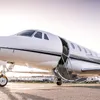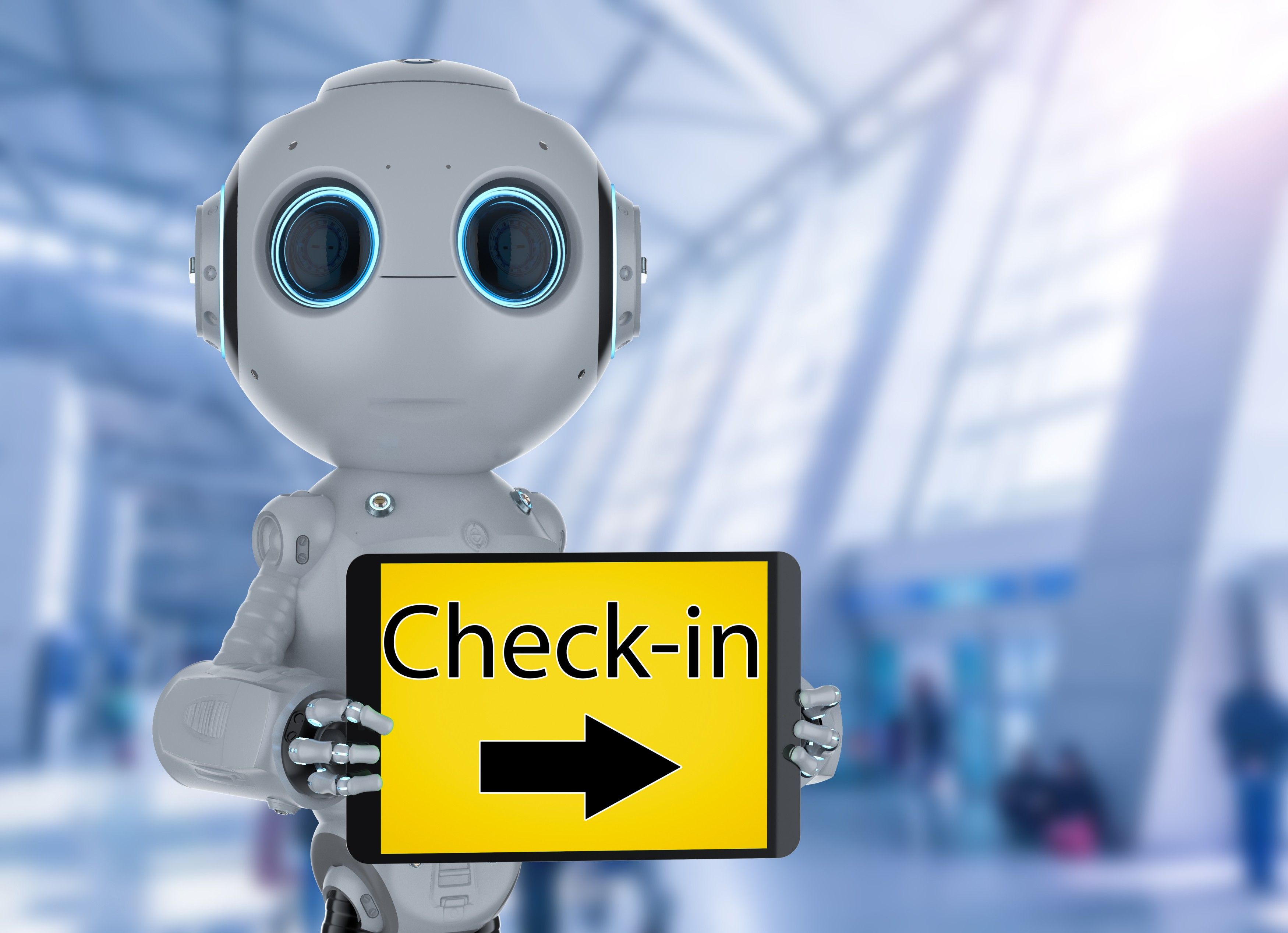No one could predict the massive impact that a microscopic organism would have on cities, organisations, and economies within a short period. Obvious casualties of COVID-19 include the travel, tourism and aviation sectors, stirring these industries to remodel processes.
However, even before the lockdown, the tourism industry was a fast-changing one, led by evolving consumer behaviour, climate change, and technological innovation. After almost six long months of living through a pandemic with gigantic and far-reaching implications, certain key questions now present themselves:
What measures can businesses and consumers employ to ensure continual resilience and optimum adaptability to this rapidly unfolding new paradigm?
While consumers are sitting at home, watching and dreaming about travel and various destinations, what is the opportunity playing up for the industry to revolutionise itself to inspire travel in the immediate future?
It is evident that the pandemic has accelerated and ushered in the redefined future of travel. What only used to come alive onscreen in sci-fi futuristic movies, is now set to become a reality that has been birthed in necessity.
International airports like Beijing Capital, Hong Kong, and Pittsburgh are making use of state-of-the- art robots and ultraviolet (UV) technologies to clean and disinfect their spaces. Heathrow is starting UV sanitation trials to quickly and efficiently sanitise security trays. They have also set up facial recognition technology coupled with thermal screening cameras to track body temperature accurately.
Stuttgart Airport and JFK Terminal 4 are in the process of implementing camera-enabled 3D sensing technology at the passenger terminals as well as the baggage terminals, and are currently running trials.
These initiatives ensure contact-free security screening equipment and considerably reduce the otherwise required person-to-person contact. Even in India, the Civil Aviation industry has been working towards facilitating a seamless airport journey with greater emphasis on traveller safety.
Right from the pre-entry process of sharing an e-boarding pass and thermal screening, to facial recognition systems, virtual help desks and self-service kiosks, airport authorities are depending heavily on new-age technologies to transform the entire process of travelling.
ALSO READ

Also Read
NEC Technologies India, which works with the Airport Authority of India to implement biometric-based boarding across airports, is currently working on introducing AI technology, which performs thermal scanning of the temperature of people at the airport without any human intervention. This will help to detect and isolate infected individuals to engage with others, minimising the spread of the virus.
Airlines like Etihad are also undertaking similar innovations like using AI and Robotic Process Automation to create a contactless pre-check and check experience.
These transformations, however, may have a few drawbacks. For instance, the overdependence on technology and absence of emotional intelligence can largely impact customer experience that human intervention otherwise offers.
Additionally, the loss of manual skills could result in a long-term impact on employment in the aviation industry. A key solution to this challenge is an emphasis on the coexistence of human intervention with technology in the right proportion.

What does the immediate future hold?
In keeping with the times, airports will have to re-define their protocols through smart technology to decongest otherwise crowded airports and put an end to never-ending queues.
Designing aircraft cabins in the future with contact-free surfaces to avoid indirect contamination, the use of UV rays for sanitising surfaces and ultrasensitive chemical detectors to recognise pathogens will help minimise the risk of infection when flying.
In the future, travellers can be expected to be extremely particular about measures undertaken by travel operators, transport systems and hotels to ensure their safety. Leveraging the power of technology, travellers must be provided with real-time and clear communication, as well as an easy and time-efficient channel to address their concerns and queries.
Using analytics, travel brands can easily review consumer feedback and therefore customise their services accordingly. Automation not only brings down the cost, but also helps deliver faster and well-targeted services.
Most importantly, it will make it possible to run operations round the clock while maintaining social distancing norms.
Additionally, adapting communication models, while collaborating to co-create protocol and establishing industry benchmarks are imperative to address the underlying ‘safety & hygiene’ concerns which can impact stimulation of travel intent.
The power of technology merged with enabling free flow of information (i.e., data-exchange) is critical to introduce contactless methods, which rate high on safety standards for travellers to regain confidence. The new ground rules and protocols established will need to be sustainable and long-term.
Most importantly, the entire industry including government bodies, organisations, and key decision-makers need to collaborate to analyse consumer insights and needs, while navigating potential roadblocks for the future.
The consumer must be at the centre of all technological innovations and disruptions.
(Disclaimer: The views and opinions expressed in this article are those of the author and do not necessarily reflect the views of YourStory.)
Want to make your startup journey smooth? YS Education brings a comprehensive Funding Course, where you also get a chance to pitch your business plan to top investors. Click here to know more.
Link : https://yourstory.com/2020/09/robots-technology-future-travel-aviation-industry
Author :- Manish Dureja ( )
September 18, 2020 at 06:20PM
YourStory
